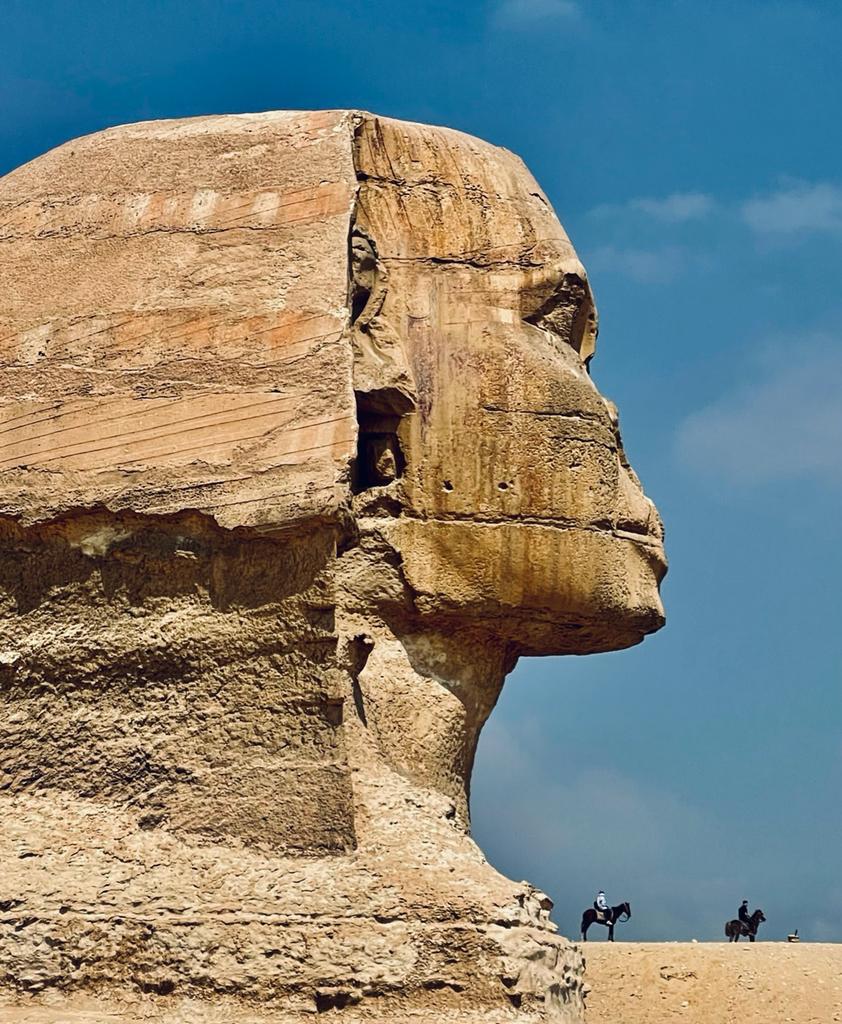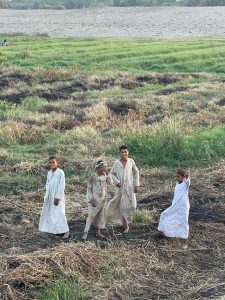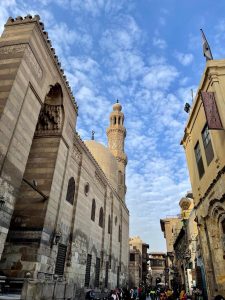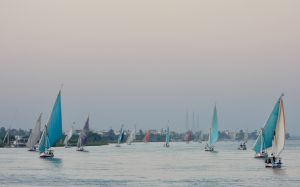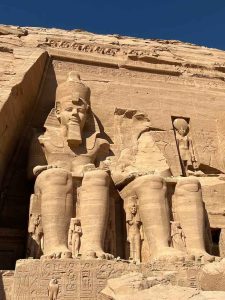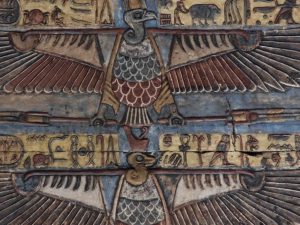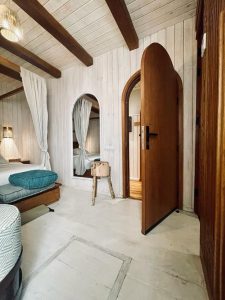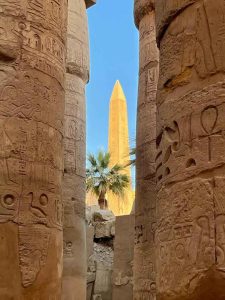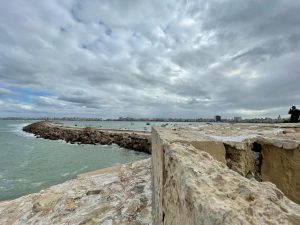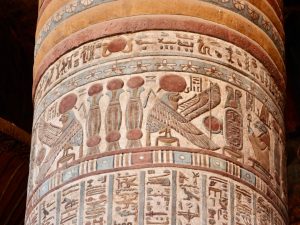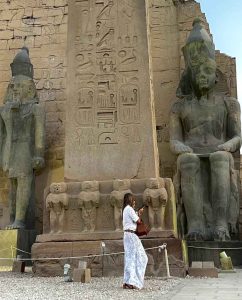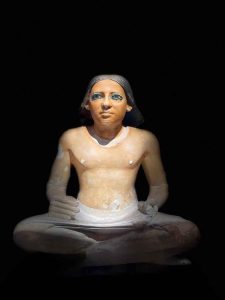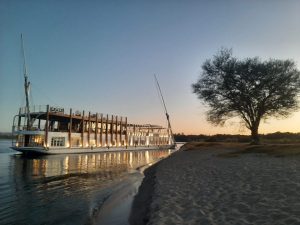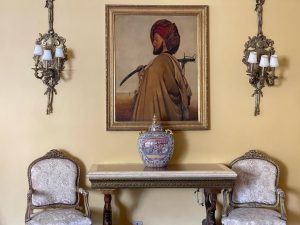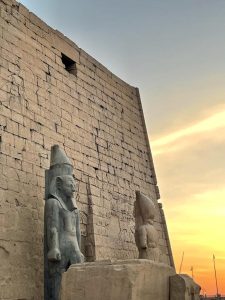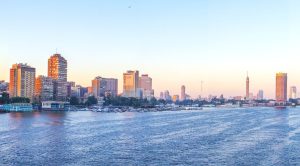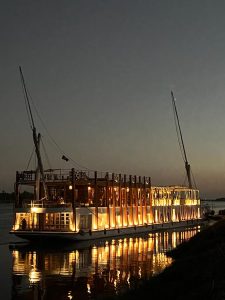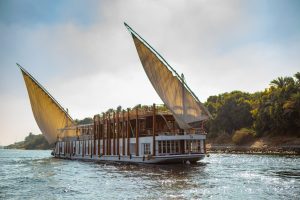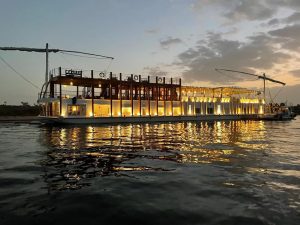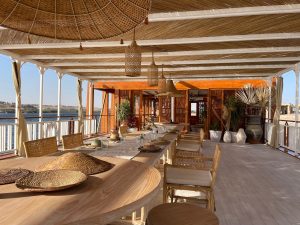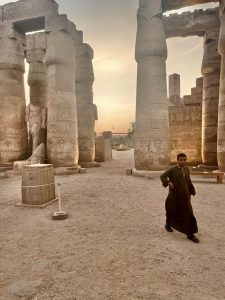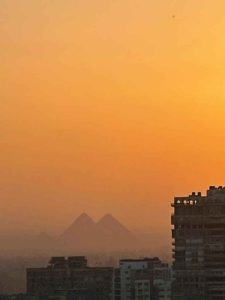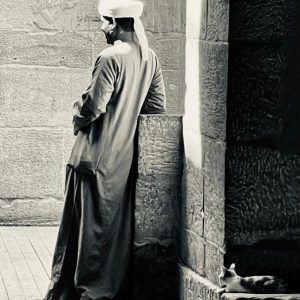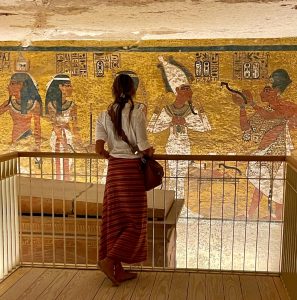Egypt
Egypt can be considered a transcontinental country, spanning the northeast corner of Africa and the southwest corner of Asia by a land bridge formed by the Sinai Peninsula. It is a Mediterranean country as such, and one of the main features geographically of this country is the great river Nile that runs north into the Mediterranean through primarily what is desert. The majority of the population uses only about 6% of the total land area along the narrow Nile valley and delta. Historically, Egypt has one of the longest histories of any country, tracing its heritage along the Nile delta back to the 6th millennia BC. It is and has been considered a cradle of civilization. Ancient Egypt saw early developments in writing, agriculture, organized religion, and central governments. The iconic monuments of upper and lower Egypt include the Necropolis in Cairo and the Great Sphinx as well as the ruins of Memphis, Thebes, Karnak, and lastly the Valley of the Kings.
Islam is the official religion of Egypt and Arabic is its official language. With over 100 million inhabitants, Egypt is the third most populist country in Africa and the 13th most populist country in the world.
Cairo is the capital and the largest city of Egypt. Situated on the banks of the Nile, Cairo metropolitan area has a population of well over 20 million, making it the largest in Africa and the Arab world and the 6th largest in the world. Being home to the famous Giza Pyramids and the city of Memphis, Cairo is a must when starting a trip to Egypt.
